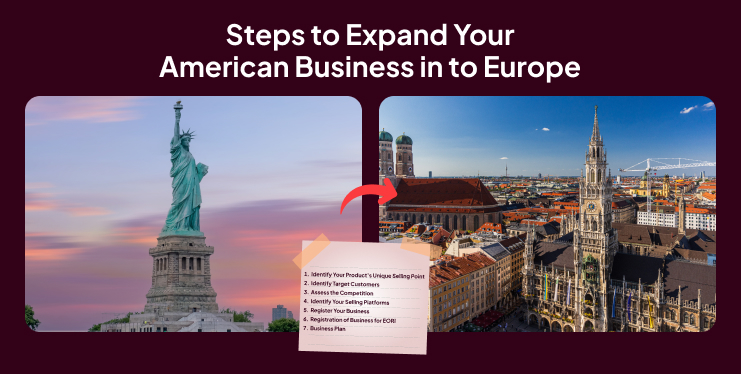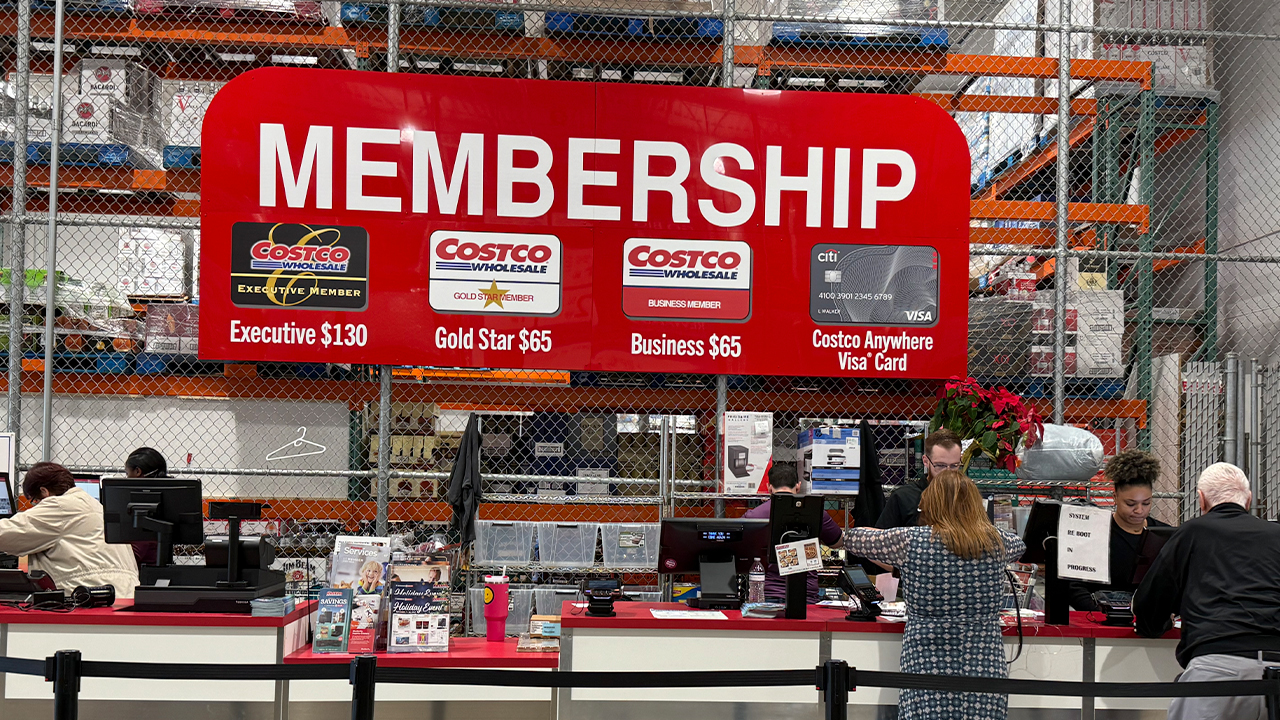A Practical Guide to European Expansion for American Business

Europe remains a significant economic powerhouse, with a GDP of approximately €18.3 trillion. With a population of 480 million and the world’s largest single market, Europe presents numerous opportunities for businesses seeking international expansion.
If you’re an American entrepreneur looking to expand a company in Europe, now is a strategic time. The region’s economic diversity, robust infrastructure, and digital-savvy consumer base offer fertile ground for growth across various industries. However, expanding into European markets requires careful planning, adaptation, and a deep understanding of regulatory and cultural differences.
This guide outlines every essential step you’ll need to take from market research to registration when growing your presence in Europe.
The Path to Winning Global Growth
Before going into detail, it is essential to clear the concept of Market research. It essentially involves collecting data about the target audience, such as demographics, so that a business can market itself most effectively. However, market research is a critical step when you expand business in Europe, and if you aspire to highlight your product in new markets, you require a clear roadmap for every place you wish to reach.
It is worth noting that every market and its people will be different from others. Before commencing, you are advised to identify your target markets in Europe and understand the customer persona, demographics, and purchasing power. Moreover, you must examine local competition to be aware of the market trends and gaps. To do so, you can conduct interviews, surveys, and focus groups to collect correct insights directly from potential customers.
Leverage digital tools to recognise online search trends and interactions on social media. Additionally, be aware that each European country has its own unique rules that may affect what you can offer. However, connecting with local groups or companies can provide you with specific information and accuracy.
Market Overview of Top European Countries for Expansion
| Country | GDP (USD) | Key Industries | Language Barrier | Business Friendliness |
| Germany | $4.5T | Manufacturing, Tech | Moderate | High |
| France | $3.2T | Fashion, Luxury, Aerospace | Moderate | High |
| Netherlands | $1.0T | Logistics, Tech | Low | Very High |
| Ireland | $594B | Finance, Tech | None | Very High |
| Poland | $900B | Manufacturing, Retail | High | Medium |
Key Steps for American Businesses Expanding in Europe

Identify Your Product’s Unique Selling Point
To successfully expand a company in Europe, you must clearly articulate what makes your product or service unique in each target market. This involves understanding both your core value proposition and how it aligns with the expectations of local consumers across various European regions.
Ask Yourself
- What pain points does my product solve for European consumers?
- What features or benefits set it apart from local and international competitors?
- Are these USPs relevant across all countries, or must they be localised?
Tip: Use competitor analysis tools like SEMrush or SimilarWeb to see how others are positioning similar products in Europe.
Identify Target Customers
Knowing your audience is crucial for scaling efficiently. Customer preferences and behaviours vary significantly across European countries, so defining and segmenting your ideal buyer personas is essential.
How to Identify Target Customers
- Define core demographics: age, gender, profession, income
- Understand cultural influences and preferences
- Segment by geography, buying frequency, and pain points
- Validate assumptions through focus groups or local research firms
Once you understand your audience, you can tailor your messaging, pricing, and marketing to each region, significantly enhancing your ability to expand your company in Europe effectively.
Assess the Competition
Conduct thorough research about your competitors to understand what they do, the trends they follow, and the strategies they are implementing. Remember that every European country has its own rules and regulations, and you must be aware of all relevant policies and instructions to avoid any obstacles along the way.
If you expand your business in Europe, it means you are aware that Europe has a diverse culture. Obtaining complete information about the differences can help you gain a better and clearer understanding. It means that you are mindful of the fact that Europe has a diverse culture, and obtaining comprehensive information about these differences can help you understand how they may impact your business. For instance, some countries restrict marketing and advertising, which may be vital for your business. Therefore, stay informed and familiarise yourself with the competition so you can identify opportunities for your business.
Identify Your Selling Platforms
Only you know about your product’s unique selling points, customers, and competitors. Now it’s time to figure out where to sell it. Consider where your target customers like to shop, and that is the exact location where you need to be as a business. Choosing the right places to sell your services or products in Europe also means considering specific elements. Start by checking a country’s GDP, as it reveals a great deal about the spending limit of its people. Another important consideration is the cost of living and the amount of money people typically spend, which is referred to as purchasing power parity (PPP).
Register Your Business
To operate legally and import goods within the EU, you must handle essential registrations:
a. VAT Registration
- Mandatory to trade goods or services in the EU
- Registration time: 2–6 weeks, depending on the country
- Allows for proper collection and remittance of value-added tax
b. EORI Number Registration
- EORI (Economic Operators Registration and Identification) is required for customs clearance
- Can be used across all EU countries once issued
- Processing time: ~1 month
Registration of Business for EORI
If you are expanding your business in Europe, you will need to register for an EORI. This allows you to easily navigate customs when importing products into the EU. EORI number takes around a month to be assigned. Also, note that you can have only one EORI EU registration in any European Union country, which will be accepted in all EU countries.
Business Plan
You are already aware of your main selling points, and the next step is to consider what you need to do to make them work. Business planning plays a crucial role in promoting your brand, which is why it needs to be impeccable. This can include pricing, marketing strategies, and credibility. Follow the EU’s rules properly before selling your products or services in the EU.
Execute and Expand
Once your research, registrations, and resources are aligned, it’s time to act. Begin by
- Launching targeted marketing campaigns
- Partnering with local distributors or agents
- Localising your website for language and currency
- Establishing customer support in key regions
Conclusion
Europe offers unparalleled potential for U.S. businesses looking to expand globally. With its economic diversity, well-developed infrastructure, and high-spending consumer base, the EU is fertile ground for business expansion. However, to successfully expand a company in Europe, you need more than just ambition you need a strategy. With the right market insights, legal setup, and localisation efforts, your business can thrive across multiple European countries.
The post A Practical Guide to European Expansion for American Business appeared first on Open a European Company.
















































